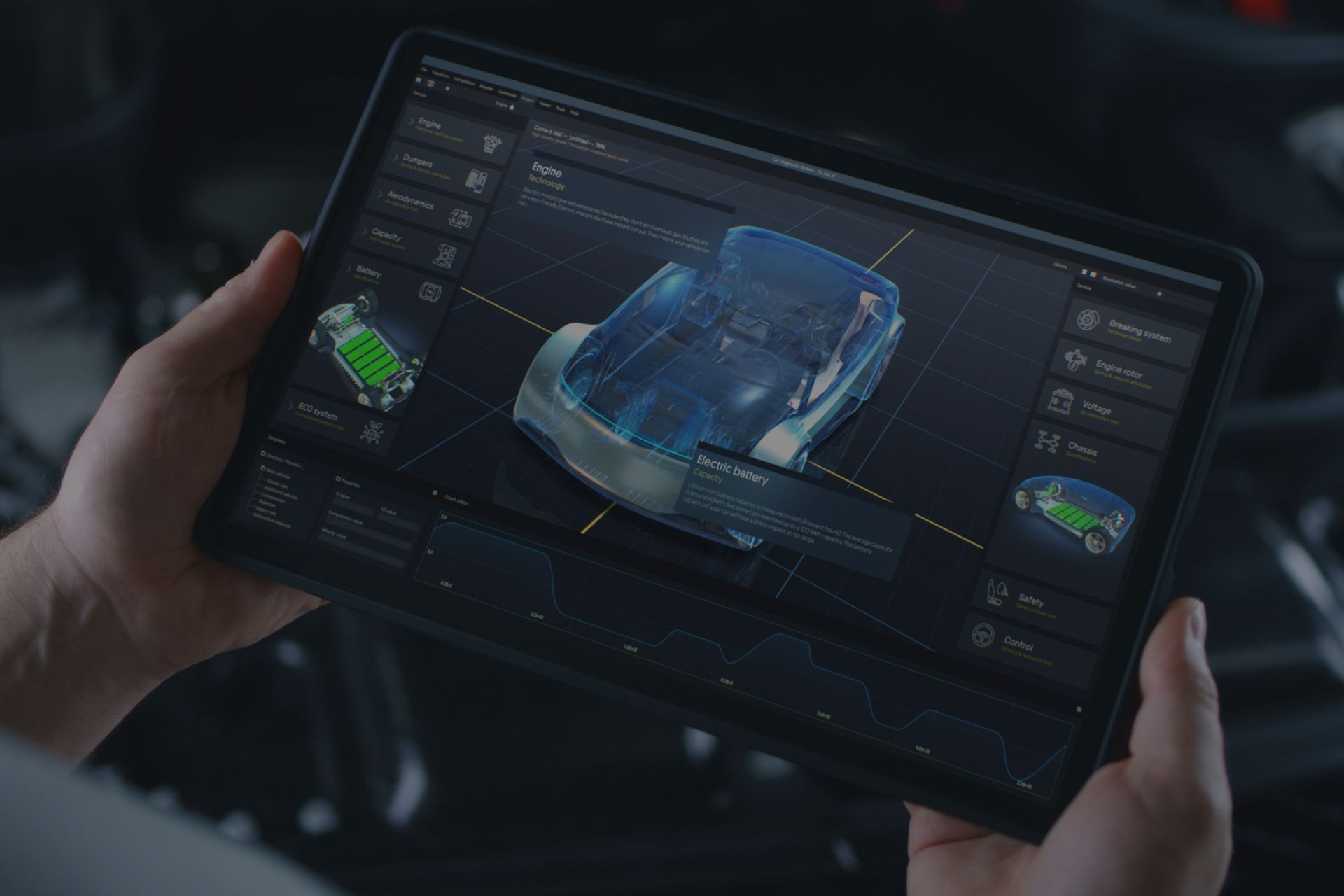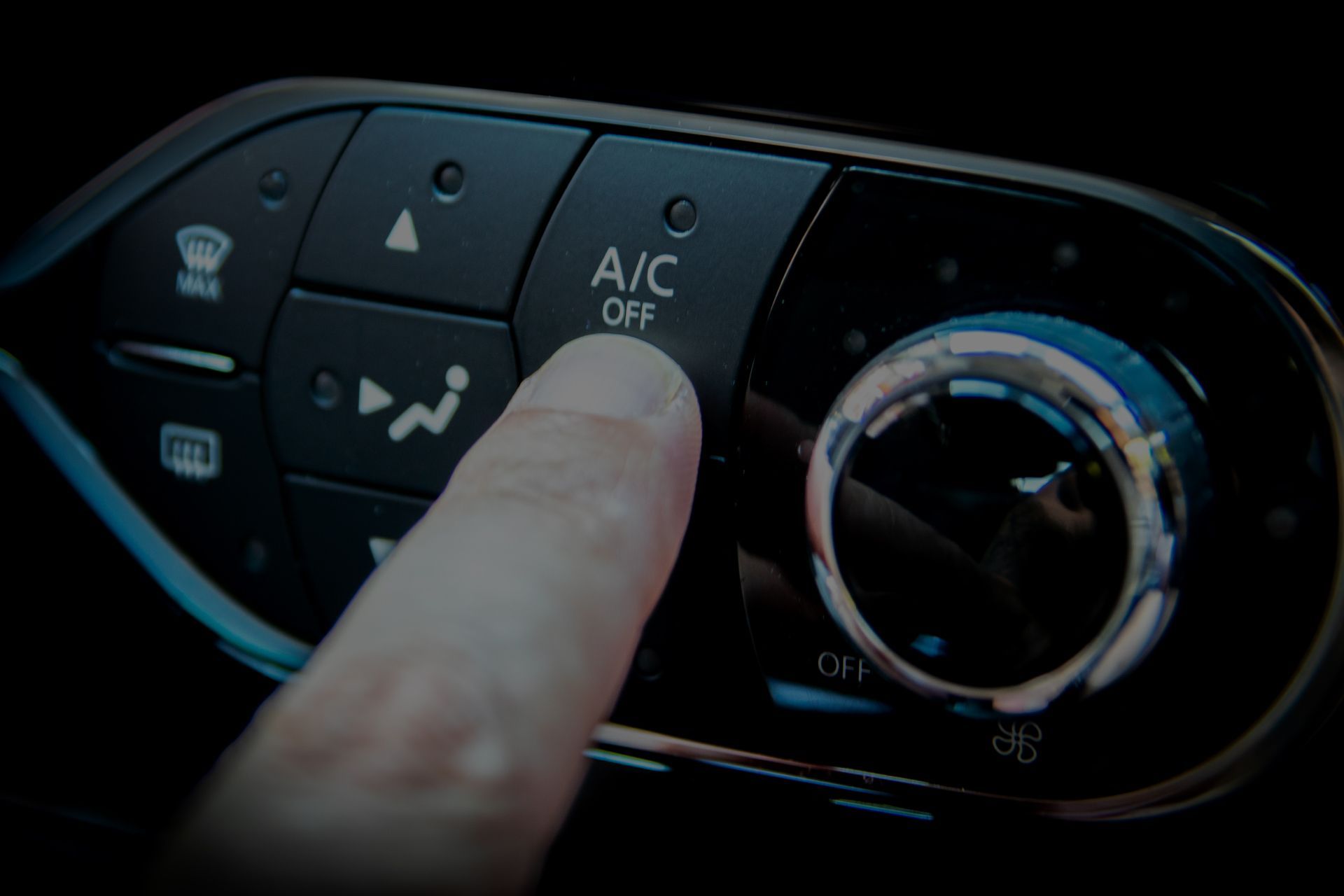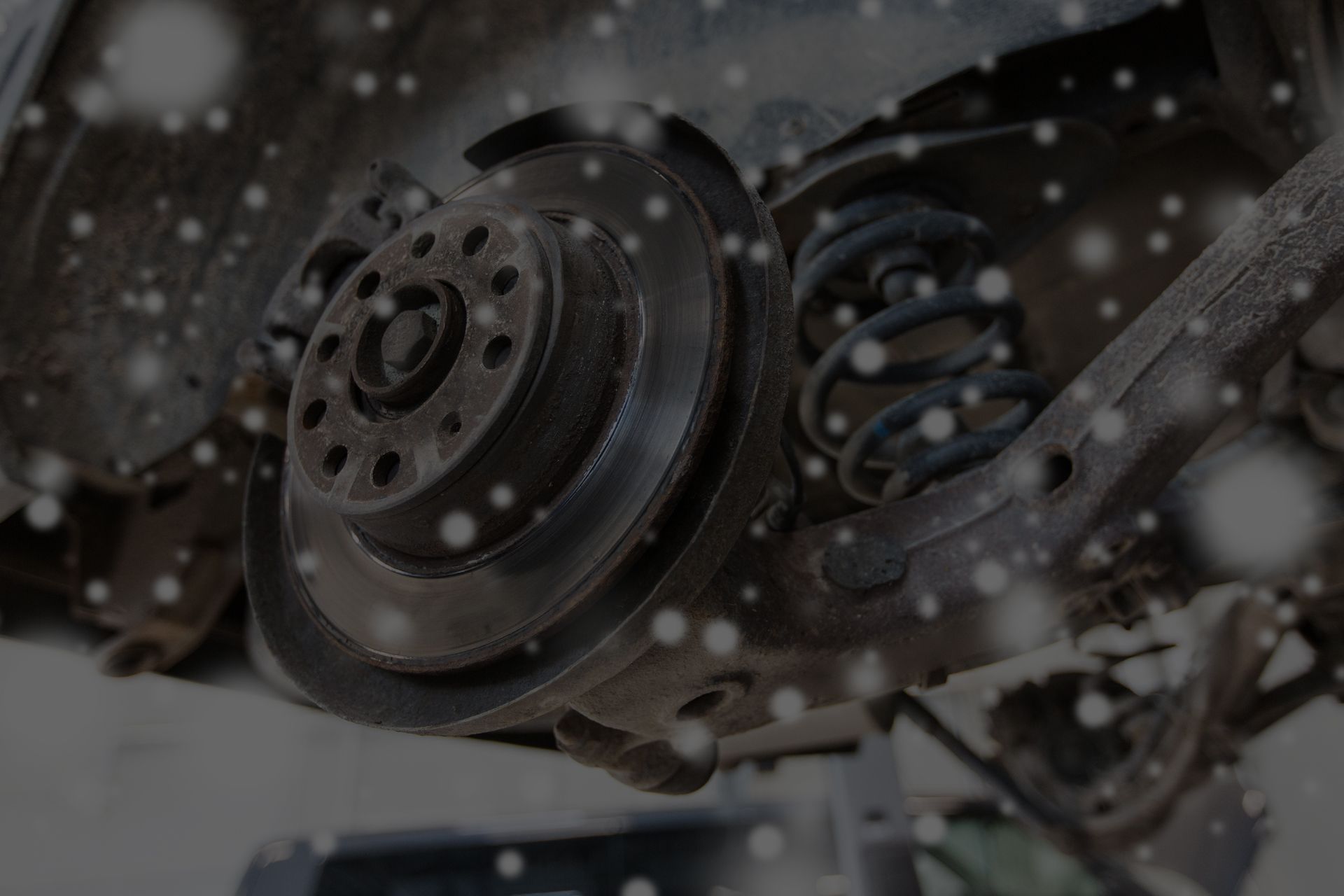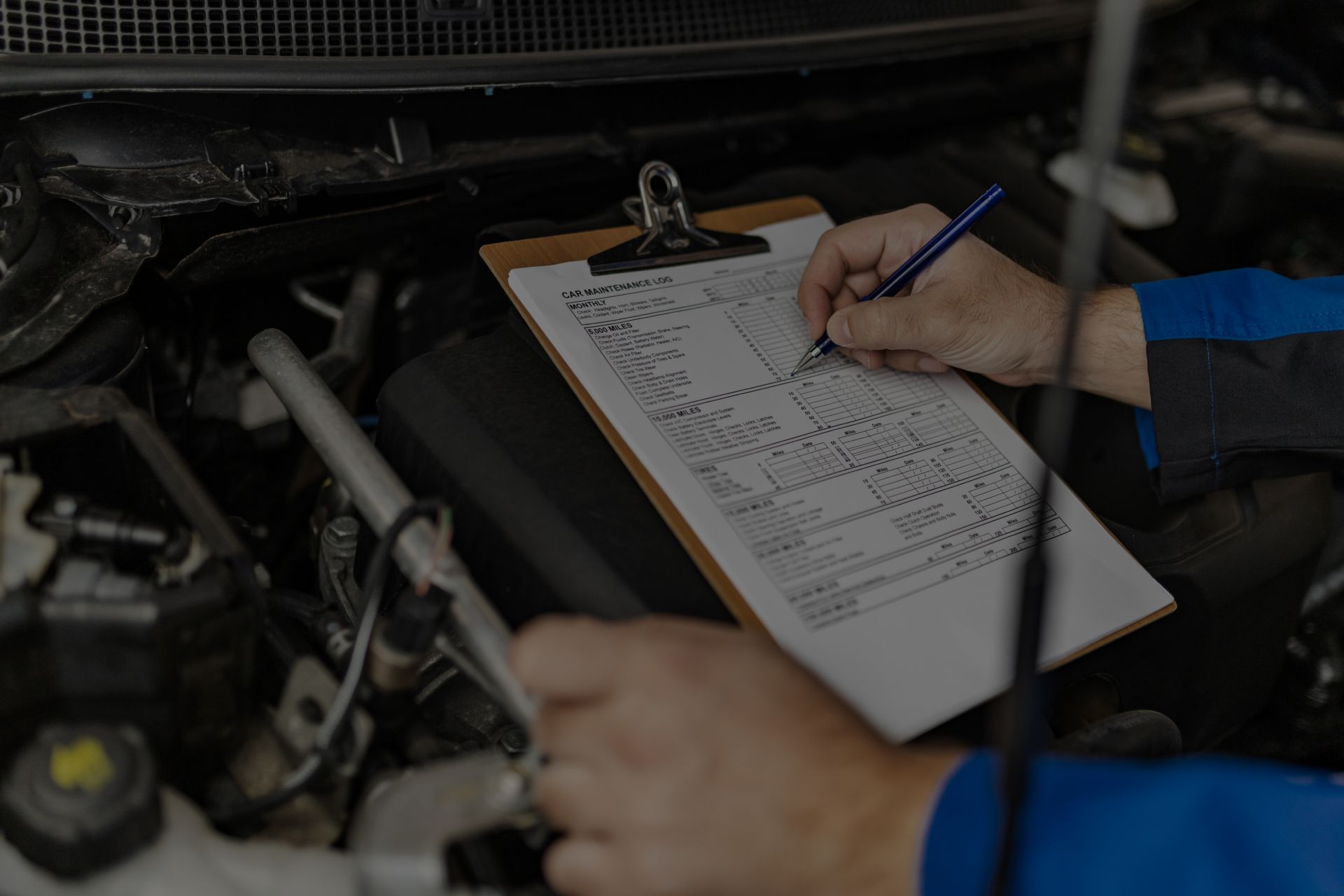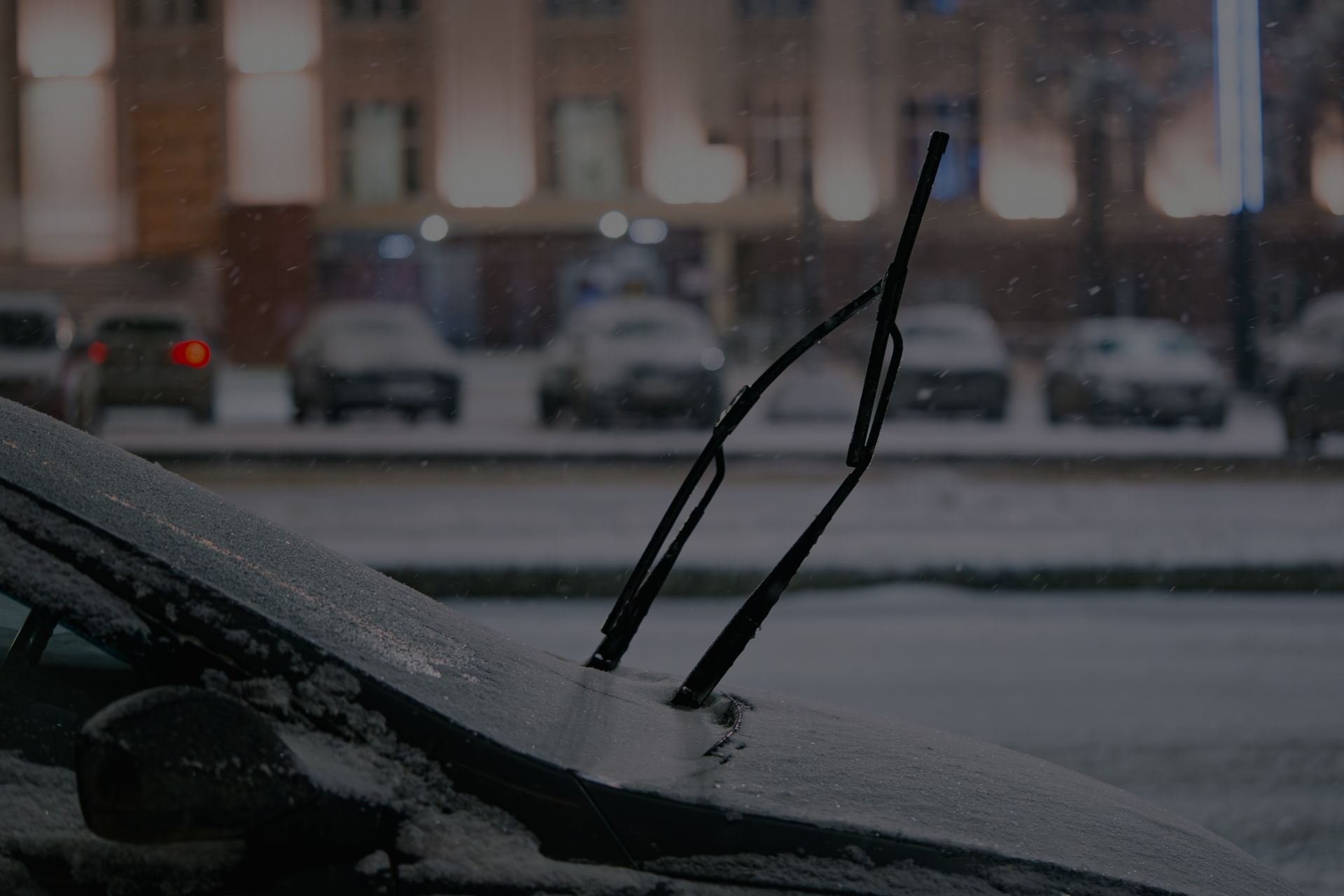As residents of Denver, CO, we know how drastically the weather can change. From chilly winter mornings to blazing summer afternoons, having a reliable automotive air conditioning and heating system is crucial. At Importsports Auto Repair Pros & Performance, we understand that staying comfortable in your vehicle year-round is a top priority. That's why we're dedicated to providing expert A/C and heat repair services to ensure your car is prepped for any climate shift.
Understanding Your Vehicle’s Climate Control System
Your vehicle's climate control system isn't just about comfort; it's also a crucial component for safety and engine performance. Whether it's defrosting your windshield or preventing heat-related issues during the summer, the A/C and heating system play vital roles.
The Importance of Regular Maintenance
Regular maintenance of your A/C and heating system at Importsports Auto Repair Pros & Performance in Denver is essential. By scheduling routine check-ups, you can prevent unexpected failures and costly repairs. We recommend a complete inspection at least once a year to detect and fix potential issues early on.
Common Signs Your A/C or Heater Needs Repair
Knowing the warning signs of a failing A/C or heater can save you from uncomfortable drives and more extensive repairs. Here are some key indicators:
- Weak airflow: If your system struggles to blow air, it might be a sign of a clogged filter, failed blower motor, or duct issues.
- Unusual noises: Listen for odd sounds like rattling or hissing when the A/C or heater is running, which could indicate mechanical problems.
- Foul odors: Musty or burnt smells often point to mold in the system or electrical issues, respectively.
- Humidity: If your car remains humid even when the A/C is on, there might be a refrigerant leak.
Why Choose Importsports Auto Repair Pros & Performance?
Our team in Denver is committed to providing top-notch A/C and heat repair services. We use state-of-the-art diagnostic tools to get to the root of any problem quickly, ensuring your system is as efficient as it can be. Our experienced technicians are passionate about cars and possess the expertise needed to handle any make or model.
DIY Tips: When to Tinker and When to Call the Pros
While some minor maintenance tasks can be done at home, like replacing cabin air filters or checking the antifreeze levels, more complex issues require professional attention. If you're ever unsure, it's best to reach out to us at Importsports Auto Repair Pros & Performance. Attempting complicated repairs without the right equipment can lead to further damage and higher costs.
What to Expect During an A/C & Heat Repair Service?
At Importsports Auto Repair Pros & Performance, we aim to make your repair service as smooth as possible. Here's what happens during a typical appointment:
- Comprehensive inspection: We start with a full inspection to identify the exact issue.
- System recharge: If your A/C needs it, we'll perform a refrigerant recharge to ensure optimal performance.
- Repairs and replacements: Our technicians will undertake necessary repairs or replacements of parts to get your system running efficiently again.
- Final check: We conduct a final system check to ensure everything is functioning smoothly before handing your vehicle back.
Final Words
Investing in your vehicle's climate control system's health is integral to your comfort and safety on the road. As we're fond of saying at Importsports Auto Repair Pros & Performance in Denver, preventative care can save a lot of time and money. Don't wait for your next road trip to discover an issue—schedule your A/C and heat maintenance or repair today!
